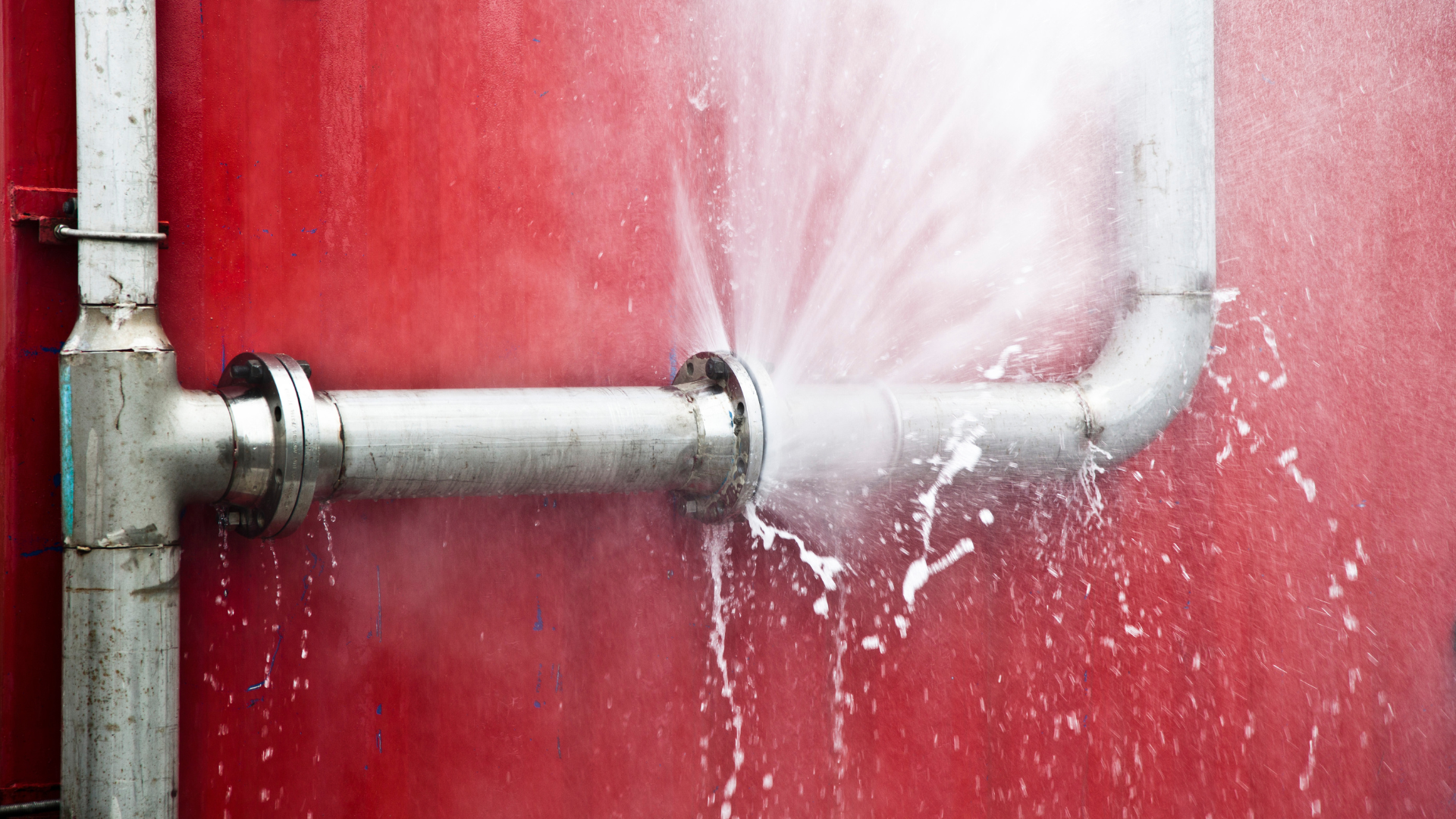Renovations in Houston: Can You Over-improve Your House? Alright, let's talk about something near and…

What Does a Home Inspector Check?
When buying a home, a home inspection is an essential step in the process. Shortly after your offer is accepted, you will want to conduct your due diligence to make certain the home you have chosen is a good fit for you. In Houston, Texas, buyers will schedule an inspection during their option period. The option period is a 7-10 day window where a buyer can back out of a purchase agreement without losing their earnest money. However, if a buyer does choose to back out during the option period, the option fee is forfeited. A buyer is permitted to hire any home inspector of their choosing. A home inspector is an unbiased 3rd party licensed by the Texas Real Estate Commission (TREC.) The results of the inspection may encourage you to move forward, or they may present many breadcrumbs that tell you to run while you still can! Of course, no home is perfect and it is important to keep that in mind. You may be wondering what does a home inspector check? Well, a lot of things, really!
Structure – You want to make sure the home has a solid foundation and supporting bones. Leaning walls, windows and doors that don’t seal well, and cracks in the foundation could be breadcrumbs indicating a larger problem. In Houston, this is something you’ll want to check on homes with pier and beam foundations, especially if the home is older construction.
Roof – An inspector is looking for damaged or worn shingles, missing or damaged flashing, and even poorly sealed attic vents. Any one of these can result in a leak.
Exterior – In Houston, we have a lot of stucco, siding and even brick. An inspector will check all of these for cracks – as some cracks could be a breadcrumb that leads back to foundation issues. Additionally, they’re checking for bubbled or peeling paint, rot and decay, poor grading, and other indicators of possible water damage or penetration.
Interior – Checking the ceilings and around windows for leaks and signs of water penetration is wise. The inspector is also interested in how well the doors and windows close, if they’re sealed well or broken. These could be areas for insects to get in, air to get out or moisture to get in. Additionally, those ghost doors (the doors that open or close on their own) could be a sign of something bigger.
HVAC – Your home inspector is going to test the temperature at the intake and outtake to ensure the system is performing as intended. If an AC isn’t cooling, the system is working too hard; if it is over-cooling, you’ll have unwanted moisture from condensation. He also will check the duct work and systems for leaks or corrosion.
Kitchen – An inspector will evaluate your appliances to make sure they work properly. They’re looking at the range to ensure it vents out properly and also doesn’t tip over! They check the dishwasher and disposal to make sure they drain correctly, and look for leaks under the sink. Another big item they’re looking for are ground fault circuit interrupter (GFCI) outlets since this is a wet area.
Bathrooms – Your inspector is checking for leaks under the sink, around the toilet, and behind the tub. They’re also checking that all of these items drain properly and fill correctly.
Plumbing – We’re looking at the water pressure and temperature, plus inspecting the visible components of the system for leaks in the pipes or drains. A large item here that gets attention is the hot water heater. In Houston, Texas, the inspector is checking to make sure the hot water heater vents out of the house, and that the pressure relief valve is operational.
Electrical – Inspectors are checking that visible wires and panels are in good shape, and that outlets, switches and fixtures work. In Houston, Texas, a home must be built to code when constructed, but does not have to be brought up to code to be sold. This brings up a lot of items during the inspection of a home that is older, but only items that present a safety hazard are going to be considered negotiable with the seller.
There are a few items that are not customarily looked at during a standard inspection. These include pools and spas, water features, and the washer and dryer. Additionally, a general home inspection does not typically include an inspection for wood destroying insects (WDI) such as termites.
Do you have questions about buying or selling a home and the inspection process? Do you need a recommendation for a great home inspector? Contact me directly or let me know in the comments below.




Comments (0)